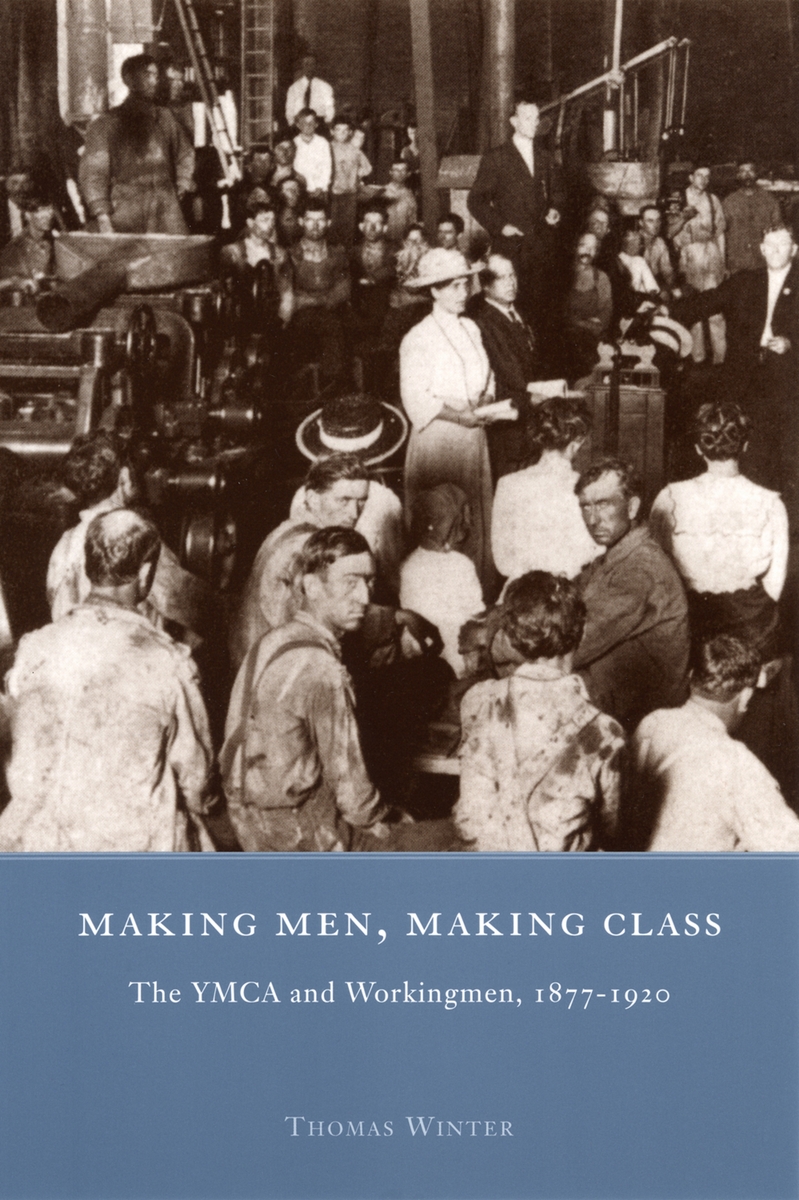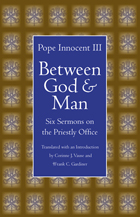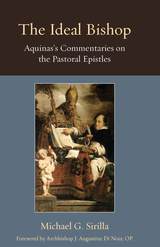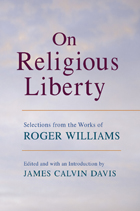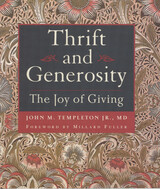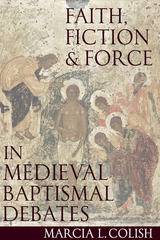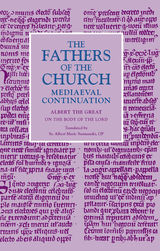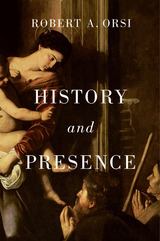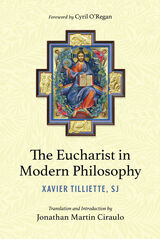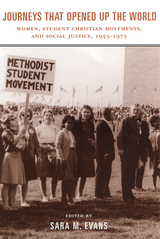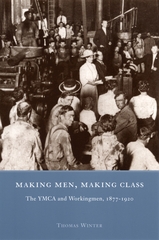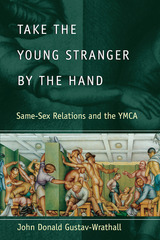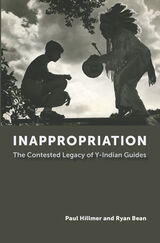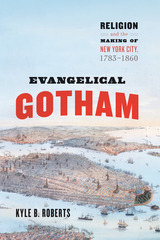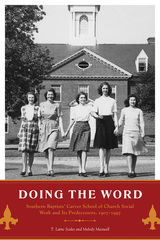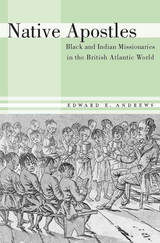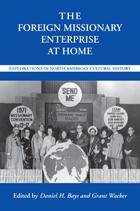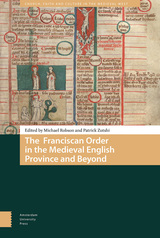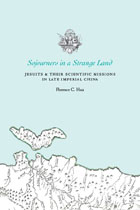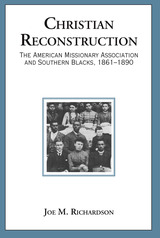Making Men, Making Class: The YMCA and Workingmen, 1877-1920
University of Chicago Press, 2002
Cloth: 978-0-226-90230-2 | Paper: 978-0-226-90231-9
Library of Congress Classification BV1040.W56 2002
Dewey Decimal Classification 267.39730904
Cloth: 978-0-226-90230-2 | Paper: 978-0-226-90231-9
Library of Congress Classification BV1040.W56 2002
Dewey Decimal Classification 267.39730904
ABOUT THIS BOOK | AUTHOR BIOGRAPHY | TOC
ABOUT THIS BOOK
During the late nineteenth and early twentieth centuries, the United States transformed from an essentially agrarian society into an urban, industrialized economy. In Making Men, Making Class, Thomas Winter explores the impact of these profound changes on constructions of manhood, using the YMCA's new efforts to reach out to railroad and industrial workers as a case study.
Starting in the 1870s, the leaders ("secretaries") of the YMCA sought to reduce political radicalism and labor unrest by instilling new ideals of manliness among workers. By involving workingmen in a range of activities on the job and off, the YMCA hoped to foster team spirit, moral conduct, and new standards of manhood that would avoid conflict and instead encourage cooperation along the lines of a Christian, pious manliness. In their efforts to make better men, the secretaries of the YMCA also crafted new ideals of middle-class manliness for themselves that involved a sense of mission and social purpose. In doing so, they ended up "making" class, too, as they began to speak a language of manhood structured by class differences.
Starting in the 1870s, the leaders ("secretaries") of the YMCA sought to reduce political radicalism and labor unrest by instilling new ideals of manliness among workers. By involving workingmen in a range of activities on the job and off, the YMCA hoped to foster team spirit, moral conduct, and new standards of manhood that would avoid conflict and instead encourage cooperation along the lines of a Christian, pious manliness. In their efforts to make better men, the secretaries of the YMCA also crafted new ideals of middle-class manliness for themselves that involved a sense of mission and social purpose. In doing so, they ended up "making" class, too, as they began to speak a language of manhood structured by class differences.
See other books on: Christian Ministry | Class | History of doctrines | Masculinity | Missions
See other titles from University of Chicago Press
